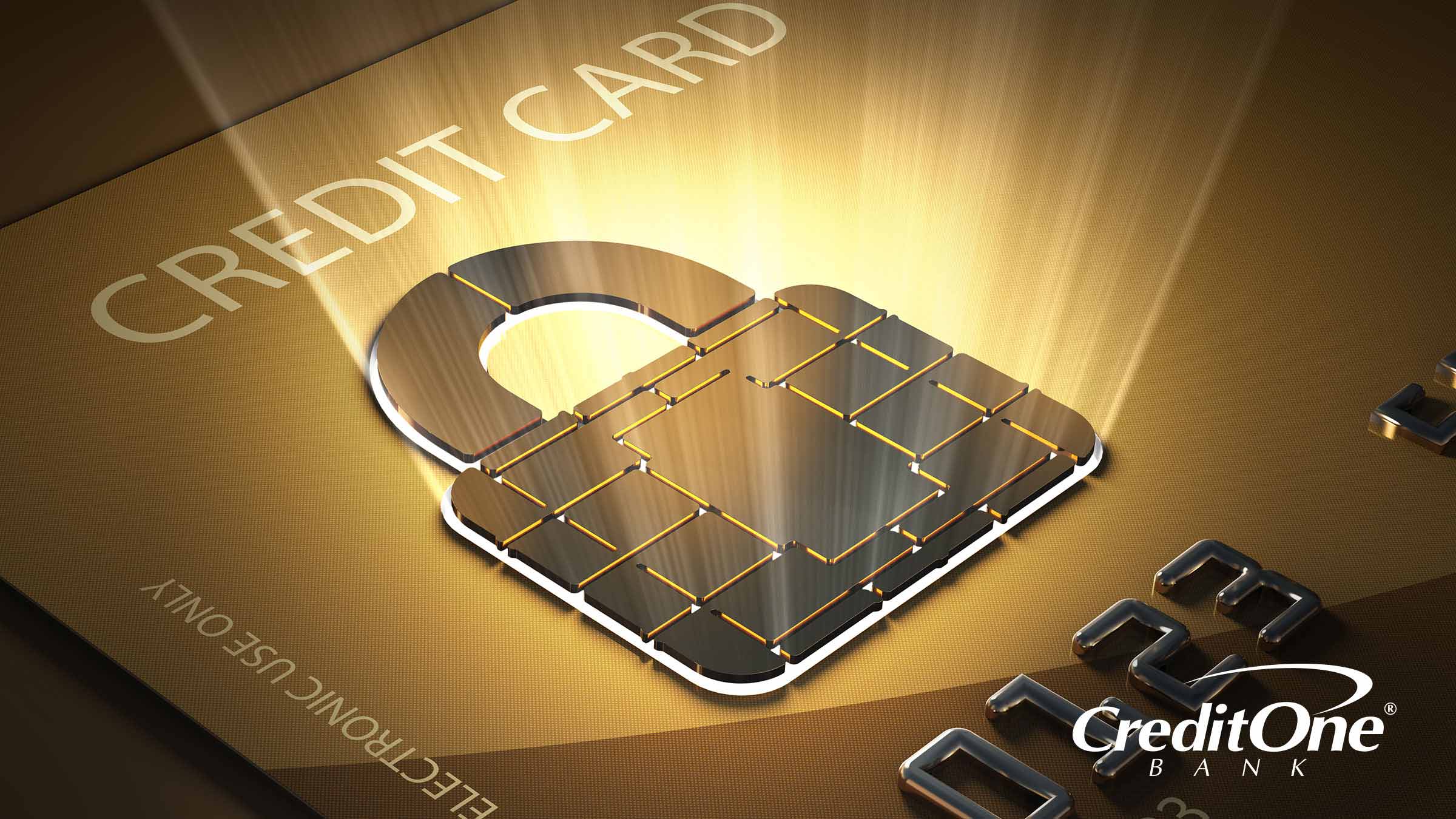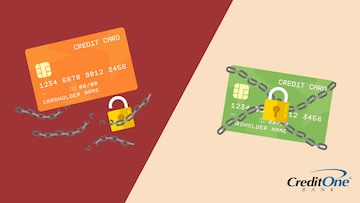August 08, 2024
Want to build credit with a secured card? Learn to use a secured credit card effectively with tips for managing utilization and monitoring your credit report.

Building credit can often feel daunting, especially for those starting with little to no credit history. A secured credit card is one of the most valuable tools for this journey.
It usually takes about 6 to 12 months of responsible usage to begin noticing an improvement in your credit score. However, obtaining a good or excellent credit score can take longer, depending on several factors.
In this article, we'll explore various ways to utilize a secured credit card to build credit and what to expect in terms of timeline.
What Is a Secured Credit Card?
A secured card is like a regular credit card, except it’s backed by collateral. Individuals with no credit history or poor credit scores often use a secured card to build or rebuild a positive credit history.
The collateral typically consists of a refundable deposit equal to your credit line. Thus, to obtain a $250 credit limit, you would provide the creditor with a $250 deposit. Similarly, for a $400 limit, you would deposit $400.
Investing in a secured card when you're low on cash may appear counterintuitive. However, there are several benefits:
You aren't truly "spending" the money. Rather, you will eventually receive the deposit amount back.
You can buy things with a secured credit card that you can’t buy with cash, such as online purchases or subscriptions.
While the creditor is holding your money, you’re building your credit.
A secured credit card offers a win-win situation for both the borrower and the creditor. It enables the borrower to obtain a credit card and build a positive credit history while simultaneously protecting the creditor from the risk of non-payment by high-risk cardholders.
How To Use a Secured Credit Card To Build Credit
When you utilize a secured credit card, your transactions are reported to the credit bureaus. This can help you build credit over time.
However, you must be able to manage your card effectively to see positive results. Here are some strategies for using a secured credit card to build credit:
Make Timely Payments
One of the most critical factors in building credit with a secured card is making timely payments. Your payment history accounts for 35% of your FICO credit score. Late or missed payments can greatly damage your credit score, making it crucial to pay at least the minimum amount by the due date each month.
Scheduling automatic payments or setting reminders can help ensure you don't miss a payment and maintain a good payment history.
Keep Your Credit Utilization Low
Credit utilization, the ratio of your credit card balance to your credit limit, is another important factor. Aim to keep your utilization below 30% of your credit limit. For example, if you have a $500 limit, try to keep your balance under $150. Lower utilization rates are even better, ideally between 10 and 30%, to maximize your credit-building potential.
Monitor Your Credit Report
Regularly checking your credit report helps you observe your progress and verify that all information reported is accurate. You are entitled to receive a free credit report from each of the three major credit bureaus annually through AnnualCreditReport.com. Look for discrepancies or errors that could negatively impact your score and dispute them if needed.
Avoid Opening Multiple New Accounts
While it may be tempting to open several new accounts to boost your credit, doing so can actually harm your score. Each application results in a hard inquiry, which can slightly lower your credit score. Additionally, new accounts reduce the average age of your credit history, another factor in your overall credit score.
Applying these strategies can assist you in using a secured credit card effectively to improve your credit.
How Long Does It Take To Improve a Credit Score?
It generally takes about six to 12 months of responsible usage with a secured card to begin seeing an increase in your credit score. However, the time it takes to rebuild credit and improve your score isn’t the same as establishing credit from nothing. Since either situation could have you looking at secured credit cards, we’ll examine both.
Starting With No Credit History
If you’re starting from scratch, it won’t take as long to get a good credit score. This scenario applies if you've never had a credit card or if you've recently immigrated, as credit history does not transfer across borders. Depending on the reporting dynamics, building a new history could take a relatively short period of time, up to six months. However, for a FICO score, it takes a minimum of six months to see growth in your credit score.
Starting With a Poor Credit History
If your credit score is in the “poor” range, below 640, it will likely take 12 to 18 months of on-time payments to boost it into the “fair” to “good” credit score zone. However, if you have bankruptcies, foreclosures, collections, or a lot of late payments on your credit report, you could be looking at seven to 10 years before they drop off.
Analyzing your credit report and taking steps to improve it with a secured card can help you reach your desired credit score.
When Does It Make Sense To Upgrade to an Unsecured Card?
Eventually, you will build your credit to the level where you can qualify for an unsecured card. At that point, you can reclaim your deposit from the secured card and upgrade to a card with a higher credit limit, lower interest rate, and fewer fees.
Ensure your credit score is at least 650 before applying. Additionally, check if you pre-qualify for a card to trigger only a soft inquiry, which doesn't affect your credit score, unlike hard inquiries.
What To Consider When Choosing the Right Secured Card
Not all secured credit cards are created equal. When choosing one to establish credit, consider the following factors:
Fees
Look for a card with minimal or no annual fees. Some secured cards charge application or processing fees, which can increase the overall cost.
Reporting to Credit Bureaus
Make sure the card issuer sends reports to all three major credit bureaus. This is essential for building a comprehensive credit history.
Conversion to Unsecured Card
Some secured credit cards offer the option to convert to an unsecured card after a period of responsible use. This can be a huge advantage as it allows you to continue building credit without needing a security deposit.
Interest Rates
While it's best to pay your balance in full each month to avoid interest charges, it's still wise to consider the card’s interest rate. High interest rates can lead to expensive debt if you carry a balance. With responsible use, you may qualify for a lower rate or card options with more favorable rates in the future.
Rewards and Benefits
While not a necessity, some secured credit cards offer rewards and benefits like cash back or travel points. These are an added bonus that can save you money or provide additional value.
You can compare various secured credit card options to find one that suits your needs and financial goals. Remember to continue practicing good financial habits and regularly monitor your credit report for progress.
Do Secured Credit Cards Build Credit?
The simple answer is yes, secured credit cards do build credit. They are specifically designed to help individuals who are struggling to establish or rebuild their credit. By using a secured credit card wisely, you can demonstrate to lenders that you are capable of managing credit and improving your overall creditworthiness.
If you’re interested in getting a secured card, you can see if you pre-qualify for a secured card from Credit One Bank– checking to see if you’re pre-qualified is free and will not harm your credit score.




